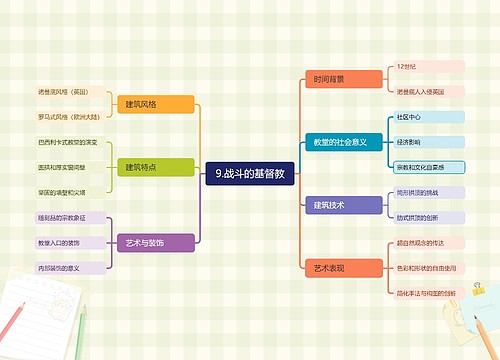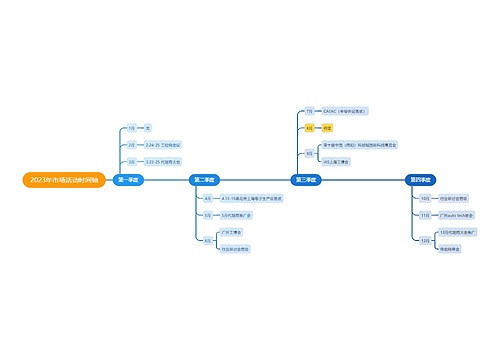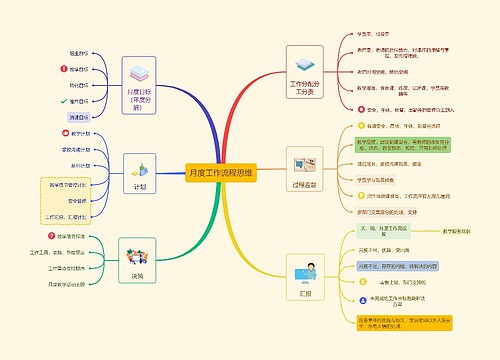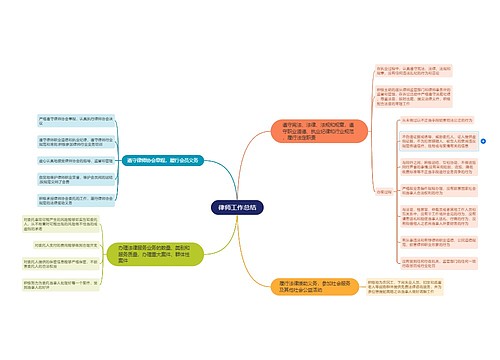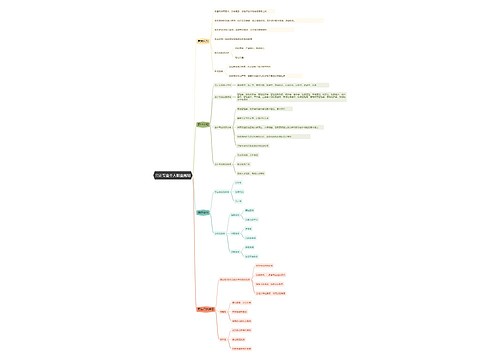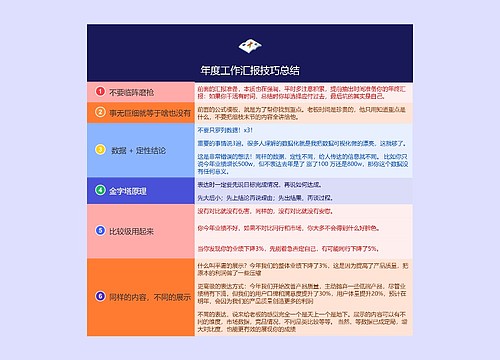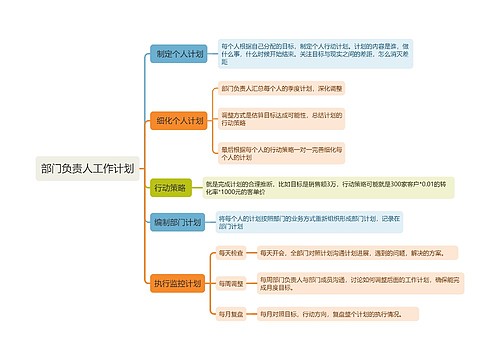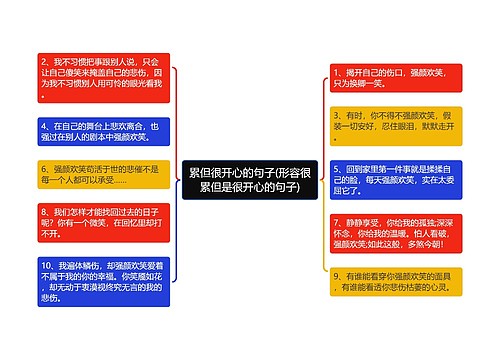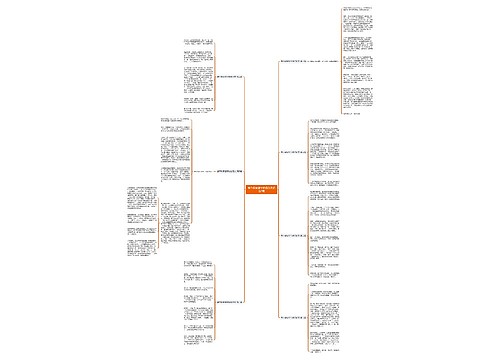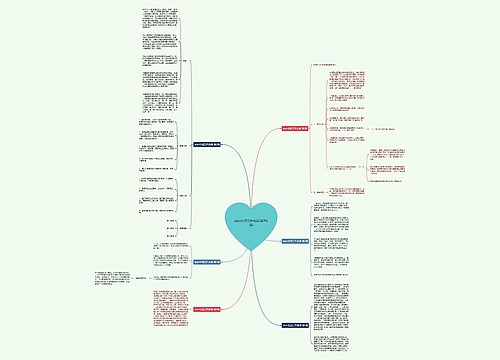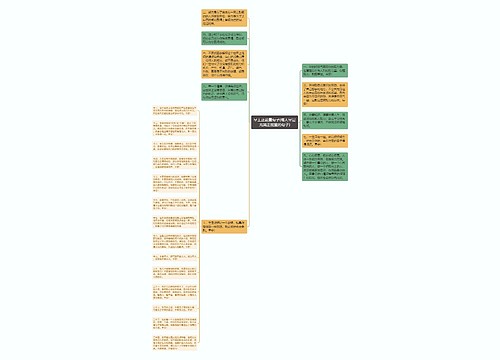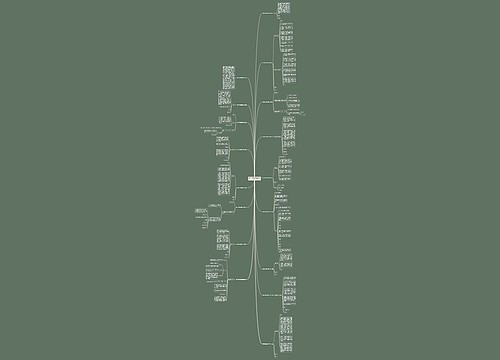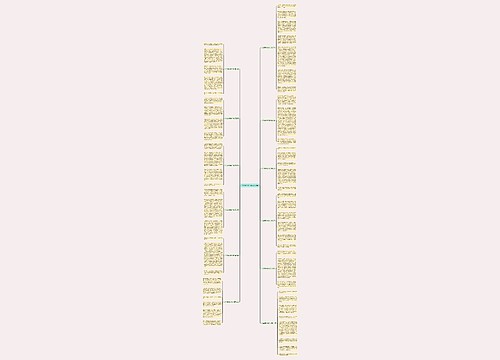1. 一般疑问句:was或were放于句首;would/should 提到句首。
2. 一般过去时还可用在特定句型中表示现在时间和将来时间。
3. 基本结构:be going to/will/shall + have done
4. 例句:. It seldom snows here. He is always ready to help others. Action speaks louder than words..
5. We were together yesterday.我们昨天在一起。
6. 我们昨日在一齐.We were together yesterday.
7. 那些日子他总是工作到深夜。He always worked into night those days。
8. 例句:By the time you get back,great changes will have taken place in this area.
9. 否定句"主语+didn’t+动词原形+其他"或"主语+wasn’t/weren’t+其他
10. 她上一年上几年级?Where was she last year?
11. They played soccer just now.
12. 托尼已看过电影了。Tony saw a movie before。
13. It was made in Shanghai.
14. 概念:过去某个时间里发生的动作或状态;过去习惯性、经常性的动作、行为。
16. 你上一年暑假做了什么?What did you do during the last summer vocation?
17. 她去年上年级.She was in Gradelast year.
19. 时间状语:yet,already,just,never,ever,so far,by now,since+时间点,for+时间段,recently, lately, in the past few years, etc.
20. 上周他们在上海。They were in Shanghai last week。
22. He was here yesterday. 他昨天在这。
23. I got up at seven yesterday morning.我昨天早上七点起床的、
24. 例句:She often came to help us in those days. I didn't know you were so busy.
26. 否定形式:am/is/are not going to do ;will/shall not do。
27. 时间状语:before, by the end of last year(term, month…),etc.
28. I ate an egg this morning.我今天早上食了一个蛋。
29. I was very tired last night.我昨晚很疲劳。
30. He did his homework yesterday.
32. 第三类,含有实意动词,比如Didhegobackyesterday?肯定答语:Yes,hedid.否定答语:No,hedidn't.
33. 概念:立足于过去某一时刻,从过去看将来,常用于宾语从句中。
34. 概念:过去发生或已经完成的动作对现在造成的影响或结果,或从过去已经开始,持续到现在的动作或状态。
35. She read a book a moment ago.
36. 否定形式:was/were+not;在行为动词前加didn't,同时还原行为动词。
37. I watched TV last night.
40. She got up early the day before yesterday.
41. It rained yesterday evening.
42. He was here just now. 他刚才还在这里.
43. 例句:He said he would go to Beijing the next day. I asked who was going there.
44. My mother was at work yesterday afternoon. 昨天下午我的妈妈在工作。
45. 例子:I have been sitting here for an hour. The chirdren have been watching TV since six o'clock.
47. 那男孩把眼睛伸开了片刻,看看船主,然后就逝世了。The boy opened his eyes for a moment,looked at the captain,and then died.
48. At that time she was very good at English. 那时她英语学得很好.
49. 否定形式:s+was/were + not + doing.
50. 我们昨天在一同。We were together yesterday.
51. He danced a whole night yesterday.他昨晚跳了整晚的舞。
52. 概念:经常、反复发生的动作或行为及现在的某种状况。
53. He wrote a book last month.
54. What did you do yesterday? 你昨天做了什么事?
55. He went to Taipei to see his father. 他昨晚去台北看他老爸
57. 他曾经拜访亲戚了。He visited relatives before.
58. 基本结构 s+was/were+doing
59. When were you together?你们什么时间在一起?
60. We ran 5 km yesterday.我们昨天跑了5千米。
61. I have been to Amerca last year.我去年到美国去了。
62. 过去进行时,是指在过去的某个具体时间,正在发生的动作。体现在动词原形上,就是: was/were+doing
63. 否定形式:was/were/not + going to + do;would/should + not + do.
64. He used to smoke a lot, but he doesn’t now. 他过去经常抽烟,但现在不抽了.
65. 一般疑问句:was或were放于句首;用助动词do的过去式did 提问,同时还原行为动词。
66. 概念:以过去某个时间为标准,在此以前发生的动作或行为,或在过去某动作之前完成的行为,即"过去的过去"。
67. 肯定句"主语+动词过去式+其他"或者"主语+was/were+其他,
68. 一般过去时,是指过去的时间发生的动作或者存在的状态。一般过去时体现在谓语动词上,就是动词的过去式。
69. 时间状语:since+时间点,for+时间段等。
70. His brother phoned meyesterday.他的哥哥昨天打电话给我。
71. 我以为你病了呢.I thought you were ill.
72. 概念:表示从过去某一时间开始一直延续到现在的动作。这一动作可能刚刚开始,也可能仍在继续,并可能延续到将来。
73. 我们昨天没有玩好。We did not have a good time yesterday.
74. She was in Grade 1 last year.她去年上1年级。
75. We did not have a good time yesterday.我们昨天没有玩好
76. 他已经拜访亲戚了。He visited relatives before。
77. I took part in a dancing party yesterday.我昨天参加了一个舞会。
78. 否定形式:had + not + done.
79. He died three days ago.
80. 基本结构:was/were+going to + do;would/should + do.
81. 她上一年上1年级。She was in Grade 1 last year.
82. Were you together yesterday?你们昨天在一起吗?
85. 时间状语:now, at this time, days, etc. look . listen
86. 特殊疑问句:特殊疑问词+一般疑问句(顺序)?
87. 概念:表示现阶段或说话时正在进行的动作及行为。
88. We studied English last year.
89. 这是一个了解一般过去时和现在完成时之间区别的关键。

 U633687664
U633687664
 U582679646
U582679646